Lists
















15 Movies, 1 Book
in the mood for love
Sort by:
Recent Desc
More lists by lilcroissant



Period romance
List includes: Marie Antoinette, Pride & Prejudice, The Young Victoria
August 2023
0
@hodane8



Witches, vampires and all that jazz
List includes: Rosemary's Baby, Only Lovers Left Alive, Interview with the Vampire
March 2023
0
@hodane8



in the mood for horror
List includes: Creep, Hannibal, Train to Busan
January 2023
1
@hodane8

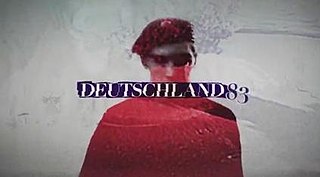

Spy movies i dig
List includes: Salt, Deutschland 83, London Spy
August 2022
0
@hodane8

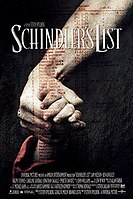

war movies
List includes: Inglourious Basterds, Schindler's List, Generation Kill
April 2022
0
@hodane8

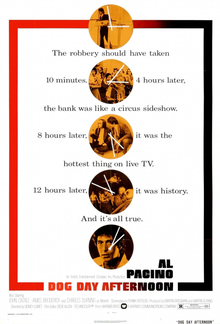
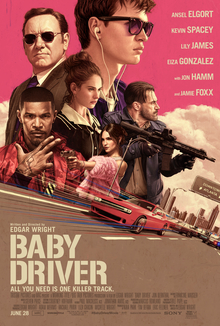
heist movies
List includes: Reservoir Dogs, Dog Day Afternoon, Baby Driver
February 2021
0
@hodane8



Coming of Age
List includes: Juno, Whip It, Ghost World
February 2021
0
@hodane8

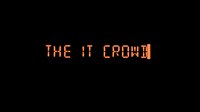

series i love
List includes: Mad Men, The IT Crowd, Black Books
January 2023
1
@hodane8